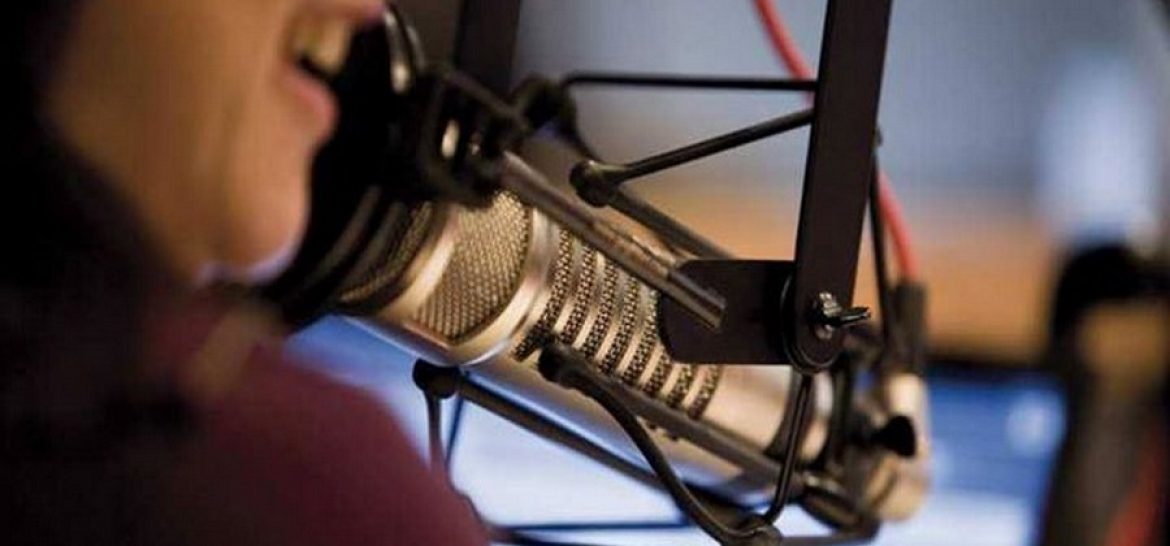Many customers associate the voice of service to the company, such as Gisele Bündchen's voice in SKY's service or Eduardo, the voice of Oi's virtual service. Today, with an increasingly multichannel and digital market, the telephone is the “front door” of your company and that's why it's important to know how to choose a voice for the URA from your Call Center.
Before learning more about this subject, fill out the form below to contact Telephone Systems Services and learn about the best VoIP solutions for your company to reduce costs and increase productivity.
Every time a customer calls, your brand is on the line when the “door” is answered. A great voice channel experience depends on two factors: technology and human touch, which means that pre-recorded voice calls for the humanization of this technology.
To ensure that the experience is as professional and brand-friendly as possible, it is essential that this voice greets and guides customers with clear, friendly sound, encouraging them to complete their goal as quickly and conveniently as possible, whether in self-service, purchase decision, or a transfer to a live representative. The best way to do this is by knowing how to choose a voice for the URA, recording your IVR messages with a voice professional managed by a partner specializing in telephony applications.
How to choose a voice for the URA: avoid extremes
When it's time to select a voice for an IVR, many companies choose one of the two extremes – an internal, unprofessional voice or an exaggerated “radio announcer” voice.
An internal voice is exactly what it sounds like – a person on the team. They may or may not have a good voice, but the quality is often poor for technical reasons, usually because recordings are made over a device located in a room with poor acoustics. As a result, background noise is often heard, volume is inconsistent because updates are handled in different environments, and there are other inconsistencies that cause input errors.
On the other side of the coin is the voice of the radio announcer. What works in a radio promotion is not a good idea for your IVR. An announcer-type voice sounds corny and fake; the enunciation is perfect but not natural. Often, interested parties misinterpret what customers want to hear, thinking that the great radio voice is the best professional option. Often, however, this style of voice turns customers off.
the voice actor
A professional voice actor, especially one who specializes in telephony recordings, speaks clearly in a tone and cadence that sounds pleasant and is easy for clients to follow his instructions. A voice actor is an expert at taking on studio direction, can change their delivery to suit the brand and audience, and can maintain consistency over years of URA updates.
If you need help find out çhow to choose a voice for the URA, contact Telephone Systems Services.




